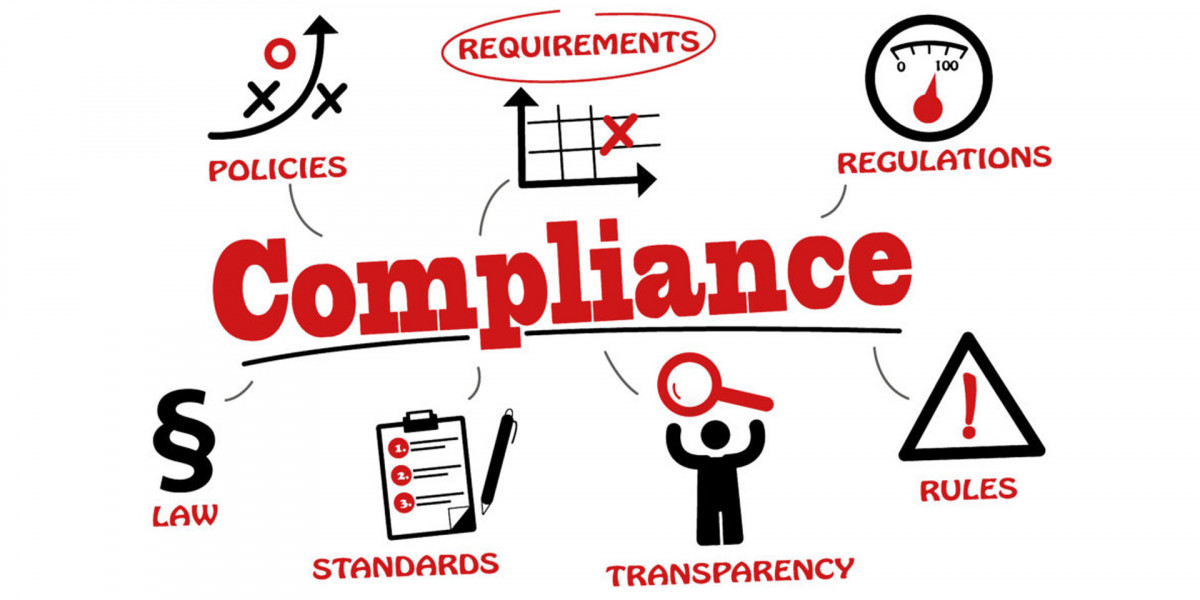Navigating legal compliance for businesses is critical for foreign-owned companies operating in India, where stringent regulations under the Companies Act, 2013, and the Foreign Exchange Management Act (FEMA), 1999, govern their operations. Annual compliance for these entities involves complex filings, audits, and adherence to both Indian and international standards, making it a challenging yet essential task. The importance of business compliance lies in avoiding penalties, maintaining legal standing, and fostering investor confidence. Engaging a Lawyer for Annual Compliance through platforms like LawChef (www.lawchef.com/service/annual-compliance) simplifies this process, leveraging legal notice services and lawyers for legal notice in Delhi or Noida to address compliance issues effectively. This blog explores the unique challenges foreign-owned companies face in annual compliance and practical solutions to ensure seamless adherence.
Understanding Annual Compliance for Foreign-Owned Companies
Foreign-owned companies in India, such as wholly owned subsidiaries or joint ventures, must comply with the Companies Act, 2013, FEMA regulations, and other statutory requirements. Annual compliance includes:
Filing Financial Statements: Submitting Form AOC-4 with audited balance sheets and profit/loss statements.
Filing Annual Returns: Submitting Form MGT-7 to report shareholder details and company activities.
DIN e-KYC: Ensuring directors complete annual KYC to avoid deactivation.
Statutory Audits: Conducting mandatory audits by a chartered accountant.
FEMA Compliance: Reporting foreign investments, repatriation, and share transfers via forms like FC-GPR and FC-TRS.
The importance of business compliance for foreign-owned companies lies in maintaining active status with the Registrar of Companies (ROC) and Reserve Bank of India (RBI), avoiding penalties, and ensuring operational legitimacy in India.
Key Challenges in Annual Compliance
Foreign-owned companies face unique hurdles in meeting legal compliance for businesses due to their cross-border nature:
1. Complex Regulatory Framework
Challenge: Navigating dual compliance under the Companies Act and FEMA, including forms like FC-GPR (for share issuance) and Annual Return on Foreign Liabilities and Assets (FLA).
Impact: Missteps can lead to fines (e.g., ₹100/day for late AOC-4/MGT-7 filings) or RBI penalties for FEMA violations.
Solution: Engage a Lawyer for Annual Compliance to interpret regulations and ensure accurate filings.
2. Cross-Border Coordination
Challenge: Aligning Indian compliance deadlines with parent company reporting schedules, often in different time zones or financial years.
Impact: Delays in document preparation or audits can result in missed deadlines.
Solution: Use LawChef’s platform to coordinate with auditors and lawyers for legal notice in Delhi or Noida for timely submissions.
3. Currency and Accounting Standards
Challenge: Reconciling financial statements with Indian Accounting Standards (Ind AS) while adhering to the parent company’s standards (e.g., IFRS or GAAP).
Impact: Discrepancies can trigger ROC or RBI scrutiny, delaying filings.
Solution: A Lawyer for Annual Compliance collaborates with auditors to align financials, ensuring compliance with Ind AS.
4. Enforcement of Foreign Assets
Challenge: Reporting foreign investments or repatriation under FEMA, especially for companies with complex ownership structures.
Impact: Non-compliance can lead to RBI notices or restrictions on fund transfers.
Solution: Leverage legal notice services to send a legal notice online or respond to RBI queries, with support from legal notice lawyers in Noida or Delhi.
5. ROC Notices and Penalties
Challenge: Foreign-owned companies may receive ROC notices for late filings or errors, requiring swift resolution.
Impact: Unresolved notices can lead to fines, director disqualification, or company strike-off.
Solution: Lawyers for legal notice in Delhi or Noida draft responses via legal notice services, mitigating penalties.
Importance of Business Compliance for Foreign-Owned Companies
The importance of business compliance for foreign-owned companies includes:
Avoiding Penalties: Non-compliance incurs fines (e.g., ₹10,000–₹1 lakh for FEMA violations) and legal risks.
Maintaining Legal Status: Ensures active status with ROC and RBI, critical for operations in India.
Building Investor Trust: Transparent compliance attracts global investors and partners.
Facilitating Cross-Border Operations: Compliance enables seamless fund repatriation and share transfers.
A Lawyer for Annual Compliance ensures these benefits by navigating regulatory complexities and addressing issues promptly.
Solutions for Effective Annual Compliance
To overcome these challenges, foreign-owned companies can adopt the following solutions:
1. Engage Expert Legal Support
Hire a Lawyer for Annual Compliance to guide on Companies Act and FEMA requirements.
Lawyers for legal notice in Delhi or Noida provide localized expertise, ensuring compliance with regional ROC and RBI processes.
2. Leverage Technology
Use LawChef’s platform to track deadlines, submit filings, and send a legal notice online for compliance disputes.
Digital tools streamline coordination between Indian subsidiaries and foreign parent companies.
3. Coordinate with Auditors
Appoint a statutory auditor early (by June) to align financials with Ind AS and parent company standards.
A Lawyer for Annual Compliance ensures audit reports meet ROC requirements for AOC-4 filing.
4. Respond to Notices Promptly
Address ROC or RBI notices within 15–30 days using legal notice services to send a legal notice online.
Legal notice lawyers in Noida or Delhi draft compliant responses to avoid penalties.
5. Maintain Accurate Records
Keep updated records of foreign investments, share transfers, and financials to simplify FEMA and ROC filings.
Regular reviews by a Lawyer for Annual Compliance prevent errors in forms like FC-GPR or FLA.
Role of Lawyers in Annual Compliance
A Lawyer for Annual Compliance is essential for foreign-owned companies:
Advising on Regulations: Guides on Companies Act and FEMA obligations, including AOC-4, MGT-7, and FC-TRS filings.
Preparing Documents: Drafts resolutions, board minutes, and compliance forms for accuracy.
Handling Notices: Uses legal notice services to respond to ROC or RBI queries, ensuring legal compliance for businesses.
Coordinating Cross-Border Compliance: Aligns Indian filings with parent company requirements.
Resolving Disputes: Addresses audit discrepancies or non-compliance issues with legal expertise.
Legal notice lawyers in Noida or Delhi provide tailored support, ensuring seamless compliance.
How LawChef Simplifies Compliance for Foreign-Owned Companies
LawChef’s platform (www.lawchef.com/service/annual-compliance) streamlines legal compliance for businesses by:
Connecting companies with expert lawyers for legal notice in Delhi or Noida for compliance and FEMA support.
Offering legal notice services to send a legal notice online, addressing ROC or RBI notices efficiently.
Providing digital tools to track filing deadlines (e.g., AOC-4 by October 30, MGT-7 by November 29).
Coordinating with auditors and company secretaries for accurate filings and cross-border compliance.
For example, if an RBI notice is issued for late FC-GPR filing, LawChef’s legal notice lawyers in Noida can draft a response within 15 days, mitigating penalties.
Tips for Foreign-Owned Companies
Plan Early: Engage a Lawyer for Annual Compliance at the start of the financial year to schedule audits and filings.
Align Standards: Work with auditors to reconcile Ind AS with parent company standards.
Track Deadlines: Use LawChef’s platform to monitor ROC and FEMA filing deadlines.
Respond to Notices: Leverage legal notice services to address ROC/RBI notices promptly.
Maintain Records: Keep accurate records of foreign investments and financials for seamless filings.
Conclusion
Annual compliance for foreign-owned companies in India is a complex but vital aspect of legal compliance for businesses, ensuring adherence to the Companies Act and FEMA while fostering investor trust. The importance of business compliance lies in avoiding penalties, maintaining legal status, and enabling cross-border operations. By engaging a Lawyer for Annual Compliance, companies can navigate these challenges effectively. LawChef’s legal notice services, supported by lawyers for legal notice in Delhi or legal notice lawyers in Noida, simplify the process, enabling businesses to send a legal notice online and stay compliant








